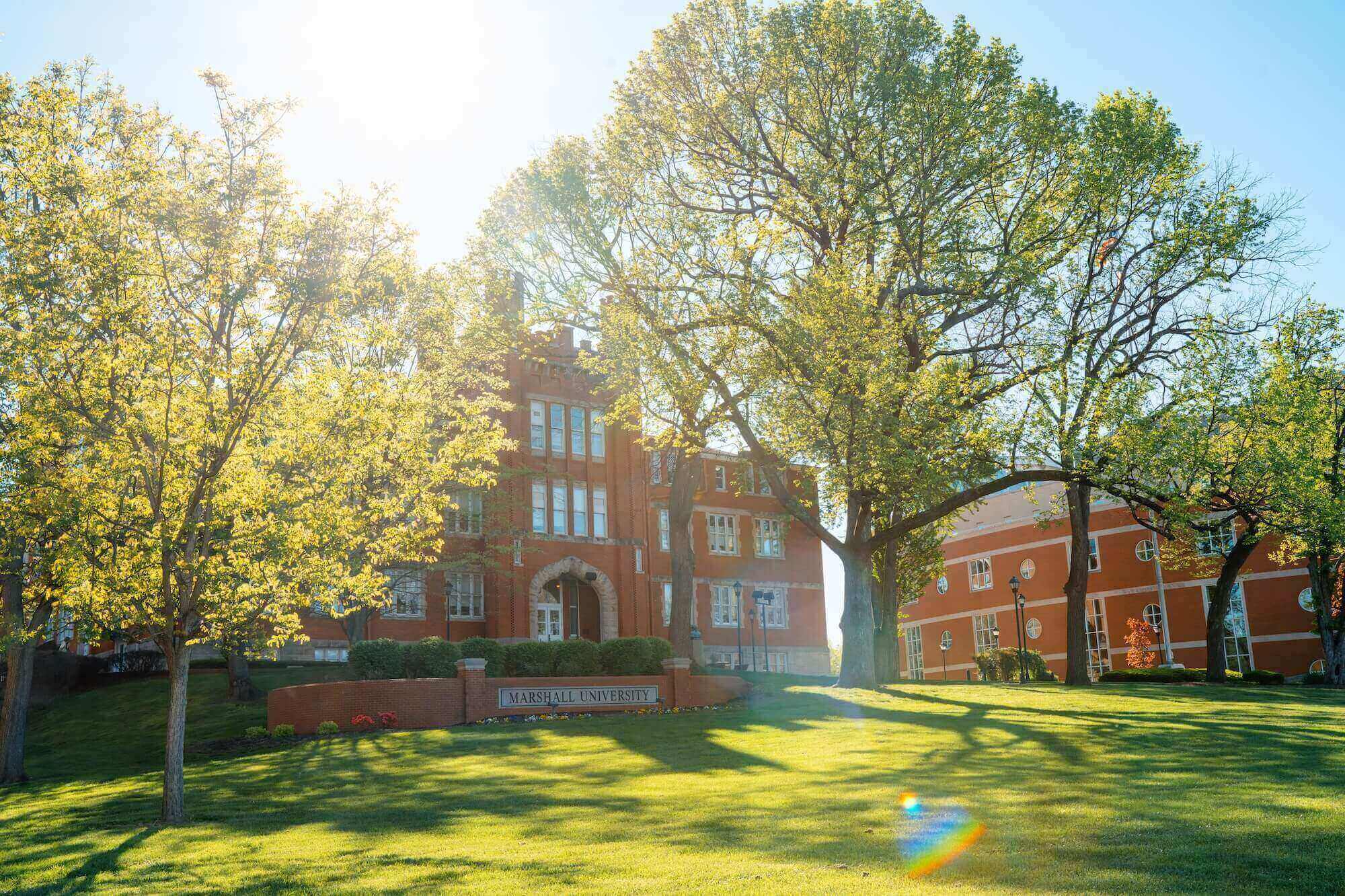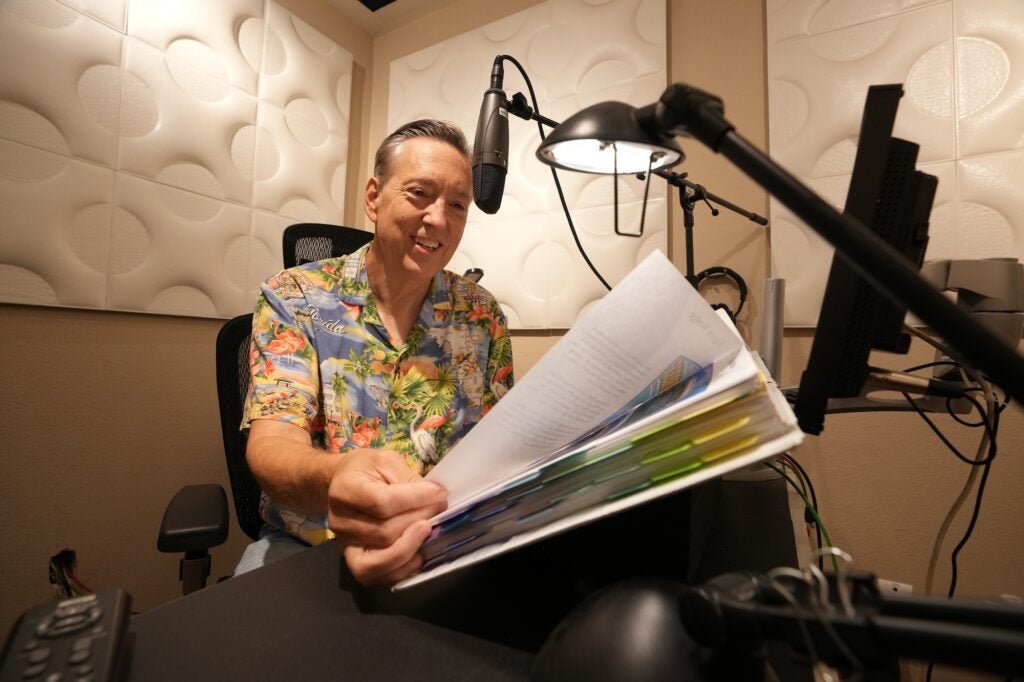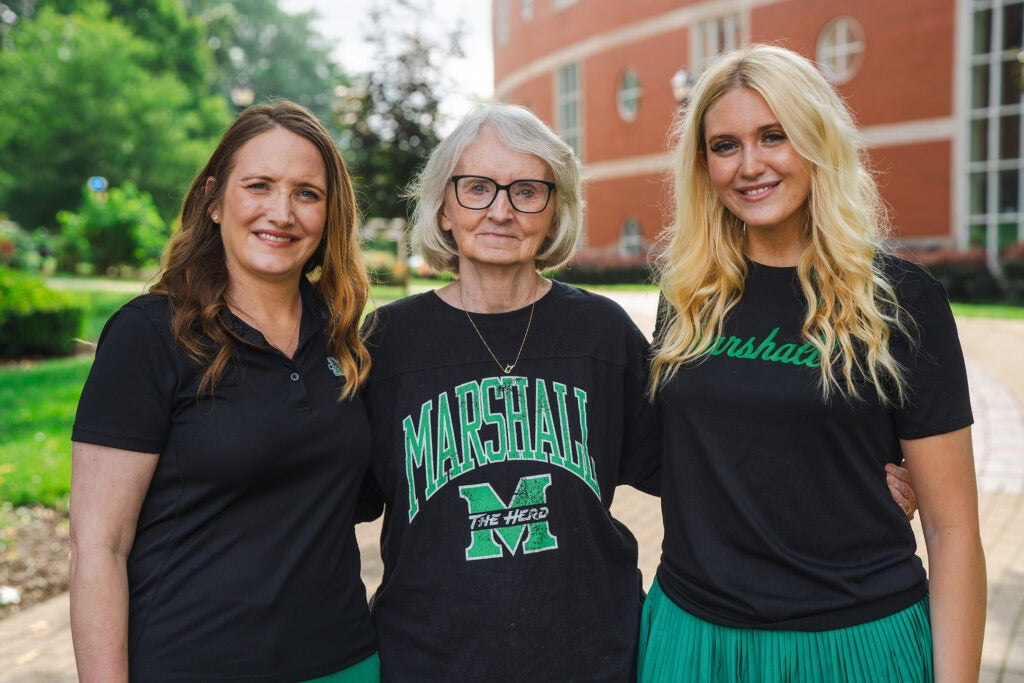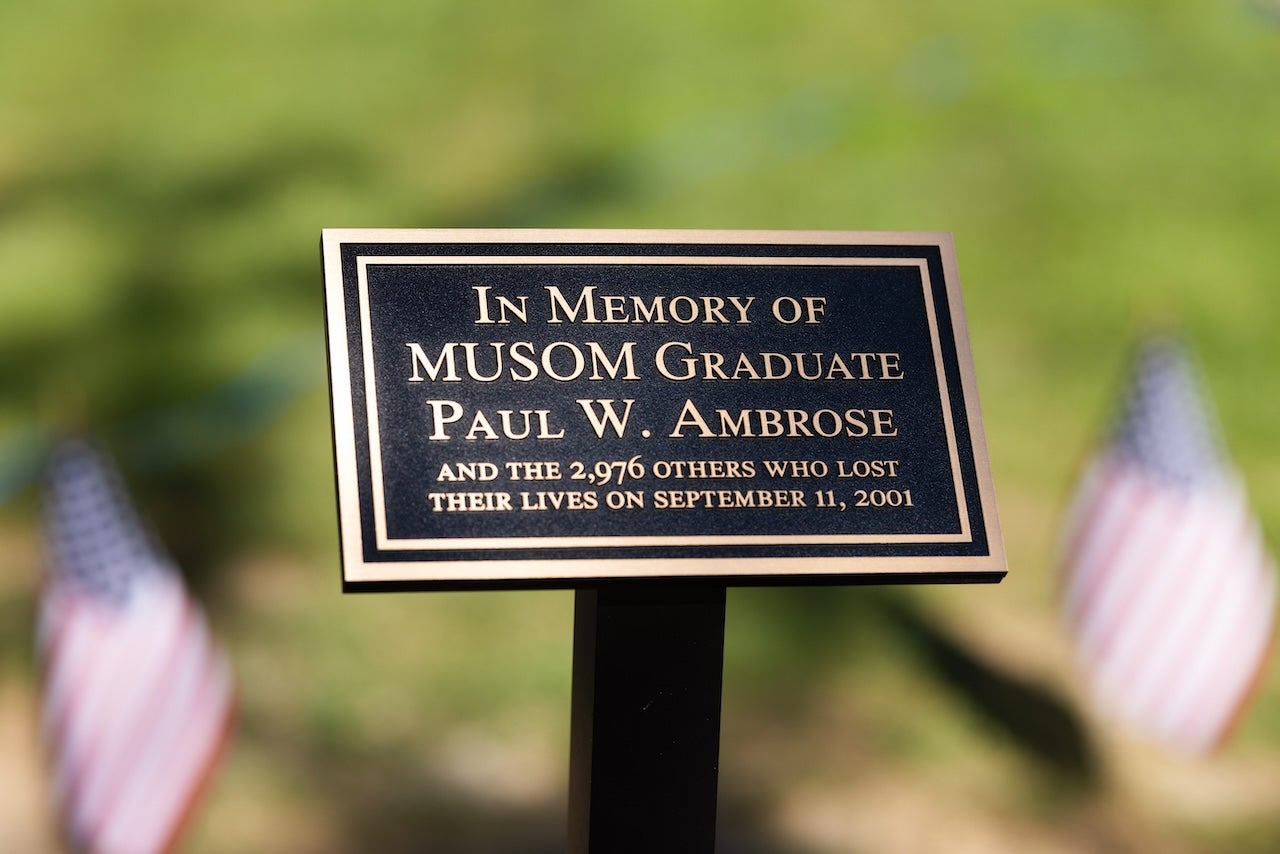Common Search Terms:

Marshall University News
What's happening at Marshall University
Recent Moments
 Choosing Marshall
Oct 28, 2025
Choosing Marshall
Oct 28, 2025
 Finding Purpose Through Resilience
Oct 21, 2025
Finding Purpose Through Resilience
Oct 21, 2025
 Jim Thornton: The voice of “Wheel of Fortune” remembers his time at Marshall.
Oct 14, 2025
Jim Thornton: The voice of “Wheel of Fortune” remembers his time at Marshall.
Oct 14, 2025
 Three Generations Strong
Oct 7, 2025
Three Generations Strong
Oct 7, 2025
 Third time’s the charm
Sep 29, 2025
Third time’s the charm
Sep 29, 2025
 ‘Stay curious’
Sep 22, 2025
‘Stay curious’
Sep 22, 2025
 Finding Her Calling Through Marshall for All: Olivia Southall’s Journey
Sep 16, 2025
Finding Her Calling Through Marshall for All: Olivia Southall’s Journey
Sep 16, 2025
Upcoming Events
Food Past/Food Future
October 29
Students,
Faculty & Staff
Designing for All: Mind the Cognitive Load
October 29
Faculty & Staff
Marshall University Women’s Soccer vs Southern Miss
October 29
A Conversation with Josè Andrès
October 29
General Public
Found and Fabricated – Molly Davis & Asha Cabaca Artist Talk and Exhibition Reception
October 30
General Public
Darkness Shall Cover Me by Katherine Akey Closing Reception
October 30
General Public
More Than a Mirror: Eating Disorders & Body Image Support
October 30
Student Composer Recital
October 30
HOME Framework Training with Marshall Online – October 31
October 31
Faculty & Staff
Marco’s Trick or Treat Trail
October 31
Recent News Releases
Featured Videos



Featured Photo Galleries
Share Your Story
Share your favorite Marshall Moment with us—whether it’s a meaningful memory, a proud achievement, or a special connection you’ve made at Marshall University. Your stories help capture the heart of the Herd and may be featured in future university projects, publications and campaigns. Submit your moment today and help us celebrate what makes Marshall so special!
More News
College of Arts and Media
Brass Band of the TriState to perform Oct. 21
October 17, 2025
Marshall to present ‘Found and Fabricated’ art exhibit
October 9, 2025
Marshall to present ‘When We Were Young and Unafraid’
September 24, 2025
Marshall to present concert by Greek ensemble Galan Trio
September 16, 2025
College of Business
Marshall welcomes Harvard Business School students
October 15, 2024
Tricia Ball returns to Marshall to lead the iCenter
October 2, 2024
College of Education and Professional Development
Marshall professor selected for the Fulbright Specialist Roster
October 14, 2025
College of Engineering and Computer Sciences
Marshall cyber programs see record growth
September 10, 2025
College of Health Professions
College of Liberal Arts
College of Science
Marshall to host middle school summer science camps
May 29, 2025



